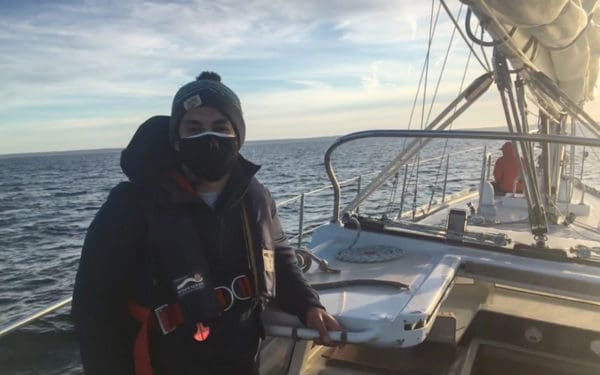A North Atlantic Right Whale Family Tree
Ship and boat strikes and entanglements in fishing gear are harming right whale families.
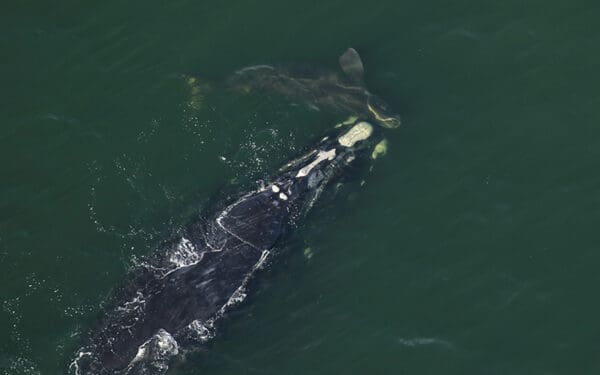
Ship and boat strikes and entanglements in fishing gear are harming right whale families.

Seven guidelines for how North Atlantic right whales and offshore wind can share the sea as safely as possible.
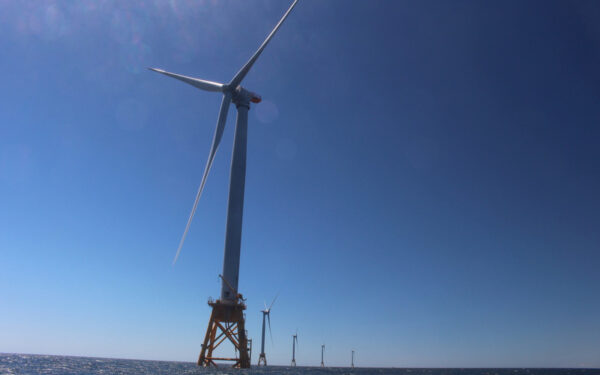
Tracking and monitoring North Atlantic right whales can help scientists protect them, but stronger policies are needed.
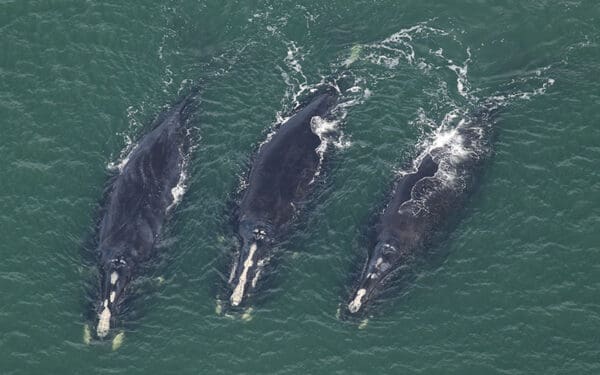
Right whale mothers and calves are especially vulnerable to being hit by boats and ships. For the species to survive, we need to better protect them.
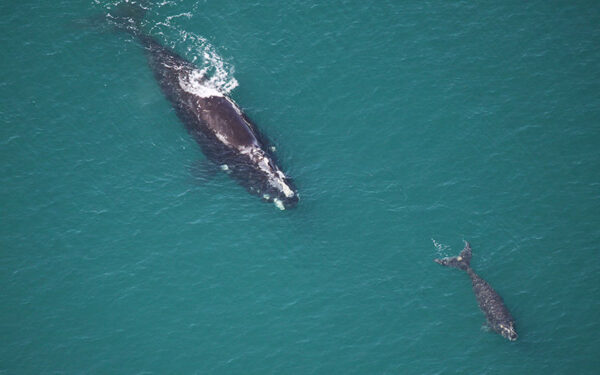
To save right whales from extinction, we must protect them from boats and fishing gear.
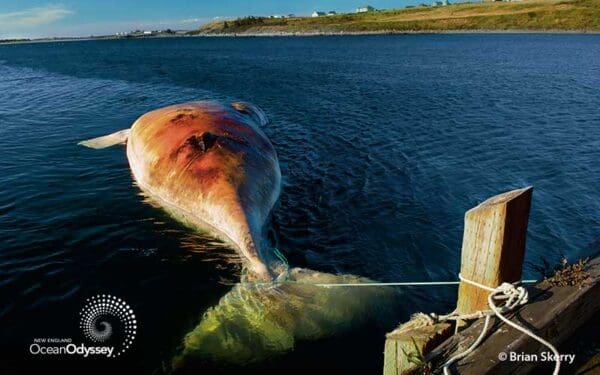
New England’s ocean is full of fascinating and beautiful marine life. Each of these species depends on a healthy ocean to thrive, and all are impacted by the threat of warming waters caused by the climate crisis. Protected areas in our ocean, like the Northeast Canyons and Seamounts Marine National Monument, are known to help… Continue reading Discover Cool Creatures that Thrive in New England’s Ocean
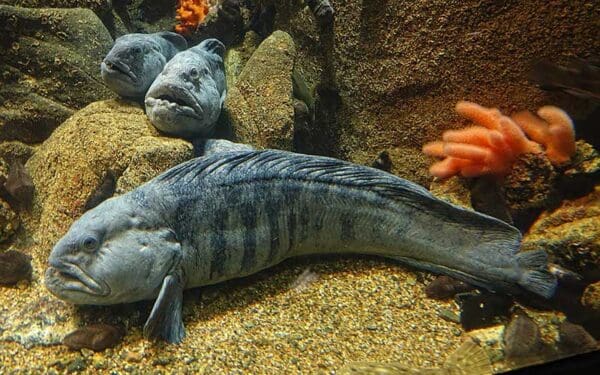
We analyzed two sectors of the commercial lobster fishery to determine what it will cost to transition to ropeless gear.
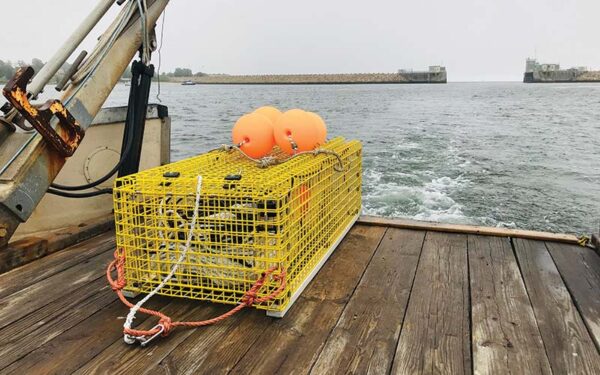
“Since 2017, at least 95 critically endangered right whales have been killed or injured by preventable human causes. Yet nothing has been done to reduce deadly vessel strikes. Right whales have been on this planet for millions of years and we are at risk of losing this entire species because of bureaucratic red tape. That cannot be allowed to continue.”
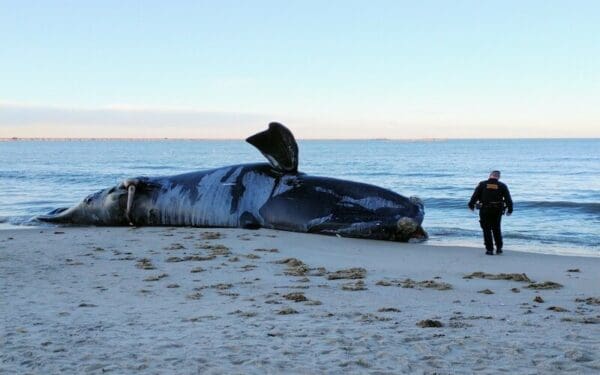
More than three generations of North Atlantic right whales have been lost to the threat of entanglement. The solutions to save these vulnerable species exist and it is up to us to ask our leader for better protections for these majestic animals.
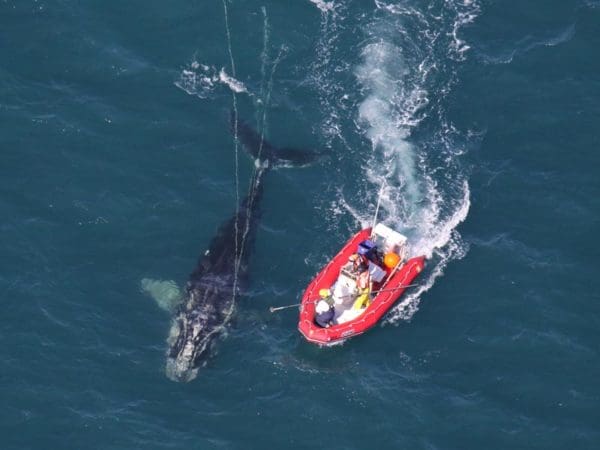
With fewer than 350 North Atlantic right whales left on the planet, an encounter with this species is a rare and extraordinary experience. Adilson Gonzalez shares his first sighting of these critically endangered animals.
